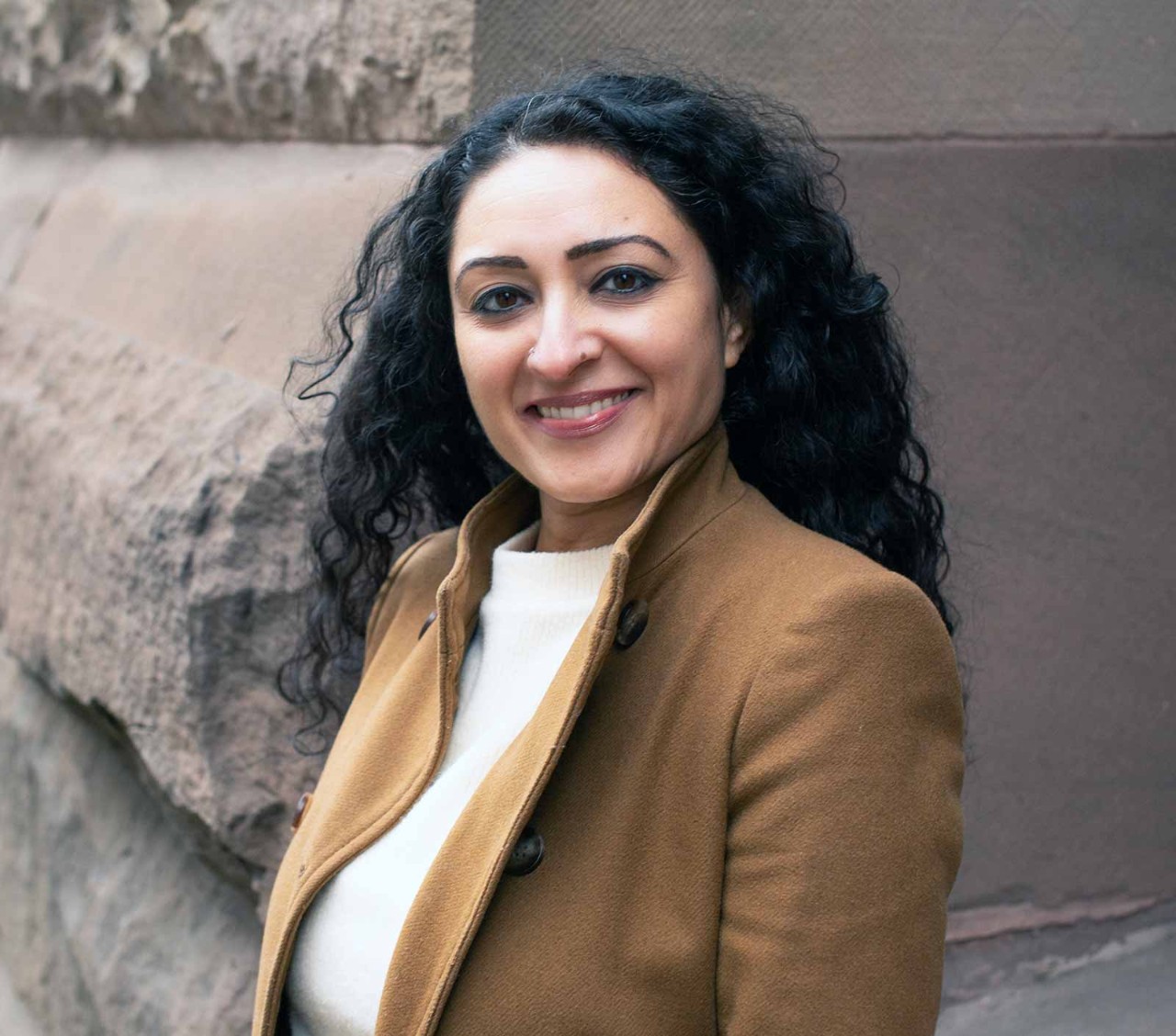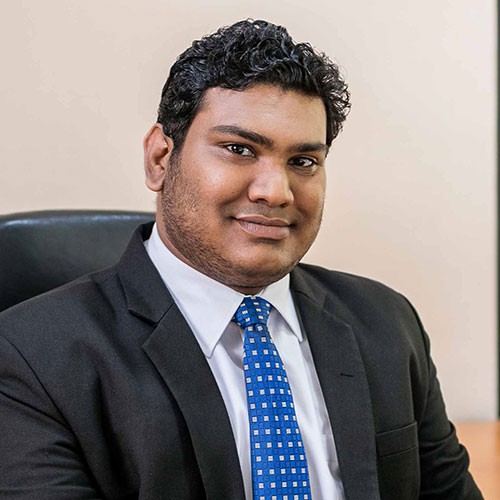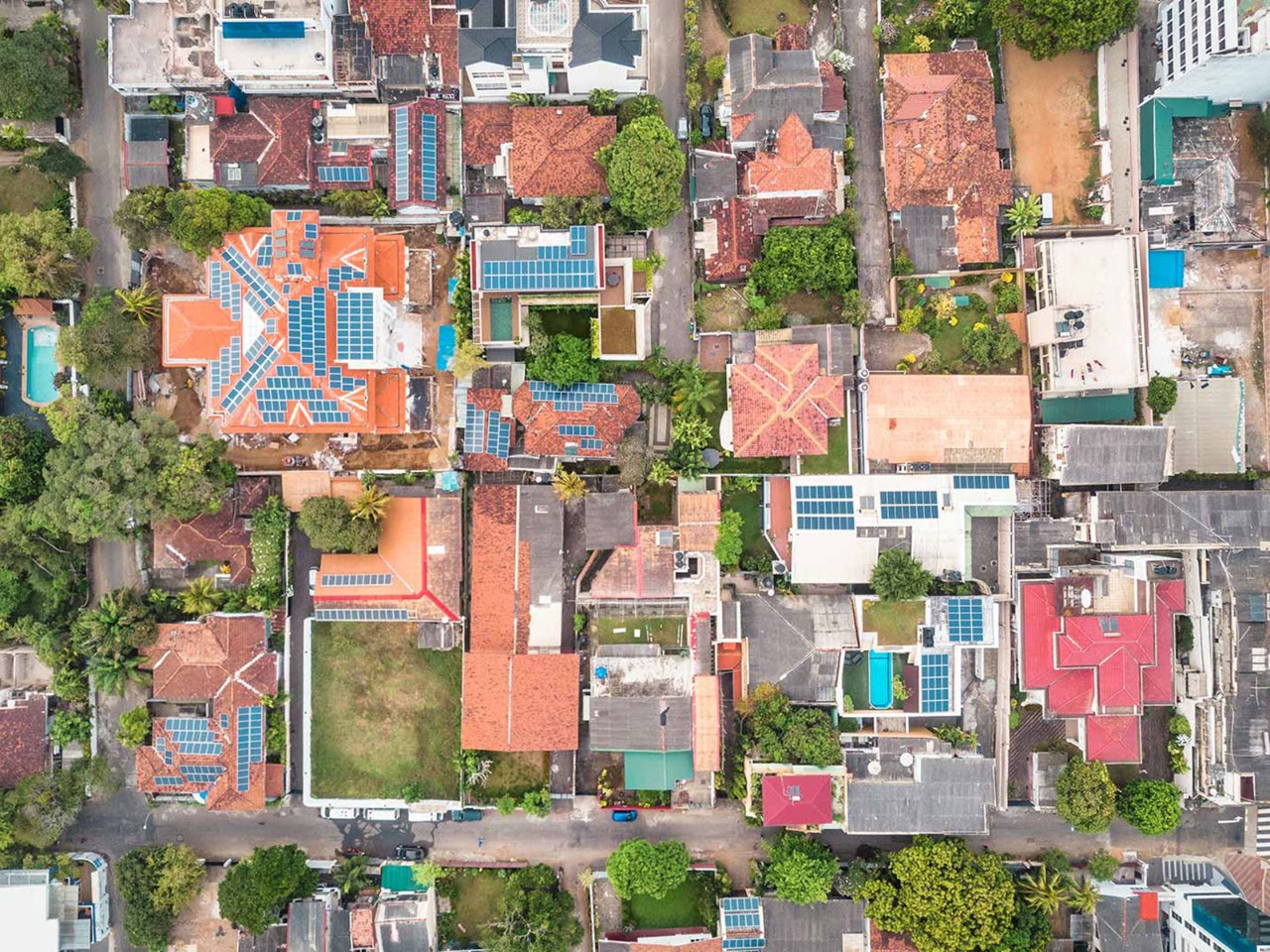
Amid a slumping global market for new stock exchange listings, Saudi Arabia has emerged as one of the world’s hotter IPO spots. With the country’s mega listings of state-owned giants some years back launching Saudi as a significant IPO player, mid-cap new company listings have started cropping up in sizeable numbers – 38 listed on the country’s Tadawul exchange in 2022, 35 in 2023, and 31 to date (Q3) in 2024.
The development was a notable talking point at one of the Middle East’s most talked about events, the Future Investment Initiative (FII), otherwise known as Davos in the Desert, which was held in Riyadh in late October 2024. ‘On fire’ is how one billionaire investment banker described Saudi’s IPO market to the FII attendees – a who’s who of finance big-hitters who mingled enthusiastically with the kingdom’s top government officials, banking and business heads in the cavernous Baroque-style halls of King Abdulaziz International Conference Center.

IPO numbers globally dropped from 481 in first-half 2023 to 432 in first-half 2024
Another speaker, a Wall Street investment banker, told the FII delegates that her firm usually expected 100 major global offerings per year, but that the number had dwindled to just eight in 2022, with 33 so far in 2024. Hers is not the only firm in the traditional finance heartlands that has been feeling the new-listings pinch. IPO numbers globally dropped from 481 in the first half of 2023 to 432 in the first half of 2024, with volumes sinking from US$58.8bn to US$49.3bn over the same periods.
While Saudi volumes have also fallen from the US$35.7bn recorded at the end of the mega-listings period in 2022 to US$13.9bn in 2023, the 2024 year-to-date total of US$11.8bn suggests a healthy pipeline. The deals that put the likes of Saudi Aramco (which raised US$25.6bn in 2019 in the world’s biggest ever IPO) and Saudi National Bank (US$6bn in 2014) on Tadawul may be history, but the country’s IPO future looks bright.
Saudi is seeing a strong and ongoing flow of mid-cap offerings
Diversification
Investors need public companies to invest in, and Saudi Arabia is providing that a decade after Tadawul opened to foreign investors. Tadawul now has a market cap of US$3 trillion reflecting the country’s trillion-dollar Vision 2030 diversification plan, which aims to secure the economy for a post-oil future.
Tadawul’s booming IPO activity is a powerful measure of the country’s continuing business growth and vitality. It was Saudi that registered the largest IPO in the GCC (the Gulf Cooperation Council – the regional economic union) in the first half of 2024, with healthcare business Dr Soliman Abdul Kader Fakeeh Hospital Co raising US$764m.
The third quarter may have been typically quiet for GCC IPOs, with six offerings in Saudi and just one in the neighbouring UAE, but Q4 data indicates the scale of Saudi’s IPO strategy and demand. The upcoming listing of finance firm United International Holding, which initially sought to raise US$264m, has seen orders of 132 times that at US$35bn.
While the UAE has chalked up the largest offerings in the GCC most recently, with supermarket business Lulu raising US$1.72bn in Abu Dhabi in November and food delivery company Talabat beating expectations to raise US$2bn in Dubai a few weeks later, Saudi is seeing a strong and ongoing flow of smaller offerings. The companies listing on Tadawul span a wide range of business sectors – from digital services and HR to real estate, food, clothing and finance.
Saudi perfume retailer Al Majed for Oud was first out of the Tadawul IPO blocks in Q4, raising US$188m from a 30% stake. And Tabby, the Riyadh-based tech unicorn, which has already raised US$7bn in funding in 2024 for its ‘buy now pay later’ platform, is expected to make its Tadawul debut in 2025, capitalising on the growing creditworthy populations of the GCC.
The more IPOs that take place, the more financial professionals are attracted to Saudi
Ecosystem
Oil prices are expected to continue to trend lower in 2025, prompting reports that the kingdom is raising debt to fund Vision 2030 while also scaling back projects. But whatever the oil price, Saudi is continuing to channel its wealth into building a business ecosystem that no longer depends hydrocarbons. Its aim is to focus the development effort on companies that demonstrate commercial profitability, innovation, efficiency and growth. The FII event broke the news that the Saudi sovereign wealth fund PIF is to reduce the share of international investments in its portfolio from 30% to 18%–20% so it can put more into domestic projects.
The success of Saudi IPOs shows the increasing maturity of the country’s capital markets. Businesses and investors now have stock market access where once only private investments and complicated ownership structures were possible.
The more IPOs that take place – requiring associated services from banks, advisers and lawyers – the more business and financial professionals from longer established markets are attracted to the country. That in turn will contribute to further growth, driving Saudi’s ambition to be the destination market for the region.
As 2030 approaches, the growing pressure to diversify – along with ‘healthy business competition’, as one banker puts it, from the UAE – is further whetting Saudi Arabia’s appetite to invest in and build a thriving diversified business ecosystem.


